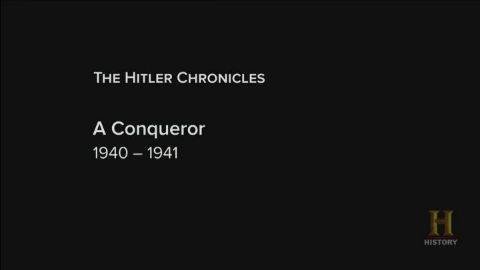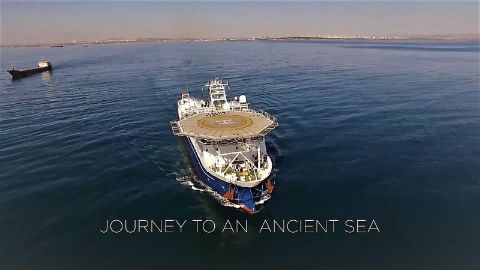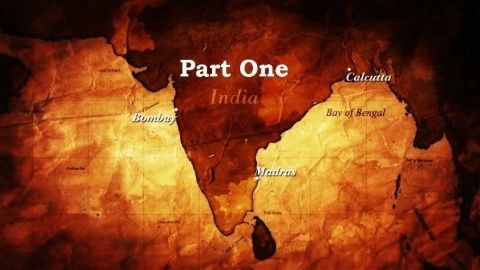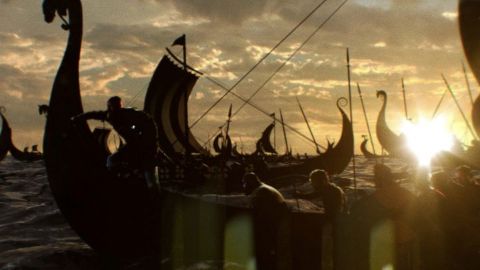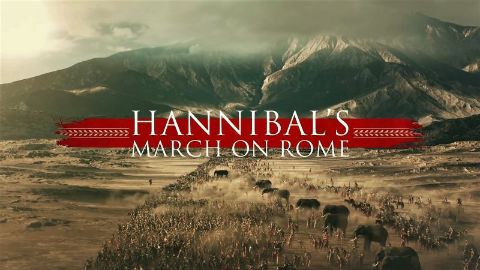Life after WWI in Colour • 2019
Historical documentary featuring colourised archive footage charting the First World War's aftermath in Europe and beyond once celebrations marking the end of hostilities had ceased. Ch1. Vengeance Traumatised by combat, demobilised soldiers return home to the four corners of a war-shattered world. At the Palace of Versailles, the victors draw the borders of new nations, created through strife. Ch2. Return to Hell Nations try to rebuild, but the USA withdraws into isolation, the threat of communism frightens European democracies and populist movements spring up, determined to impose their totalitarian ideology.
Make a donation
Buy a brother a hot coffee? Or a cold beer?
Hope you're finding these documentaries fascinating and eye-opening. It's just me, working hard behind the scenes to bring you this enriching content.
Running and maintaining a website like this takes time and resources. That's why I'm reaching out to you. If you appreciate what I do and would like to support my efforts, would you consider "buying me a coffee"?
Donation addresses
BTC: bc1q8ldskxh4x9qnddhcrgcun8rtvddeldm2a07r2v
ETH: 0x5CCAAA1afc5c5D814129d99277dDb5A979672116
With your donation through , you can show your appreciation and help me keep this project going. Every contribution, no matter how small, makes a significant impact. It goes directly towards covering server costs.
